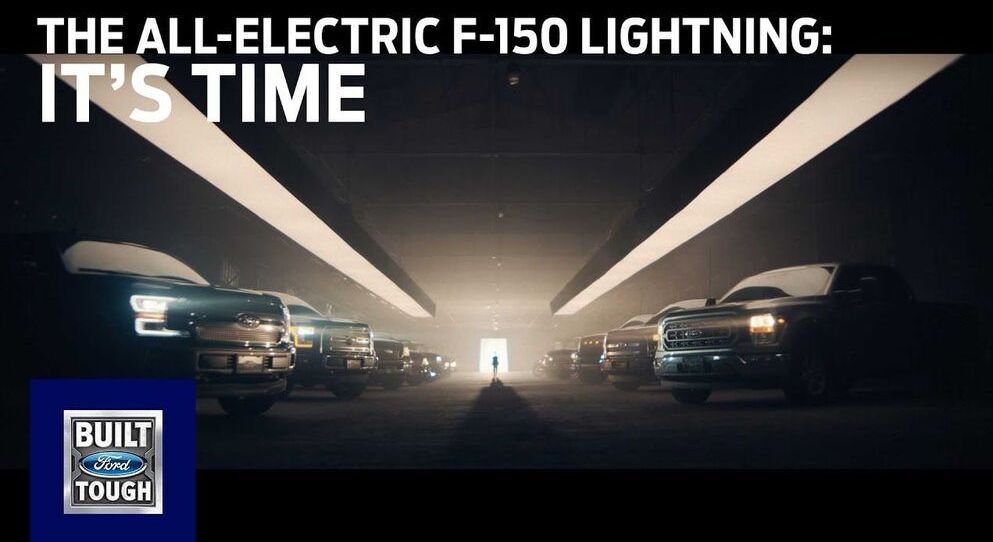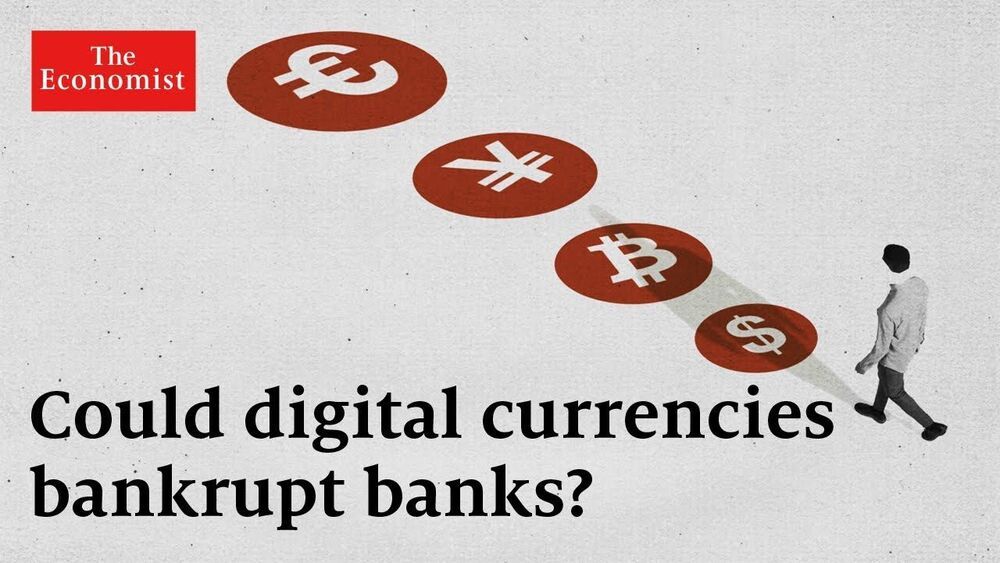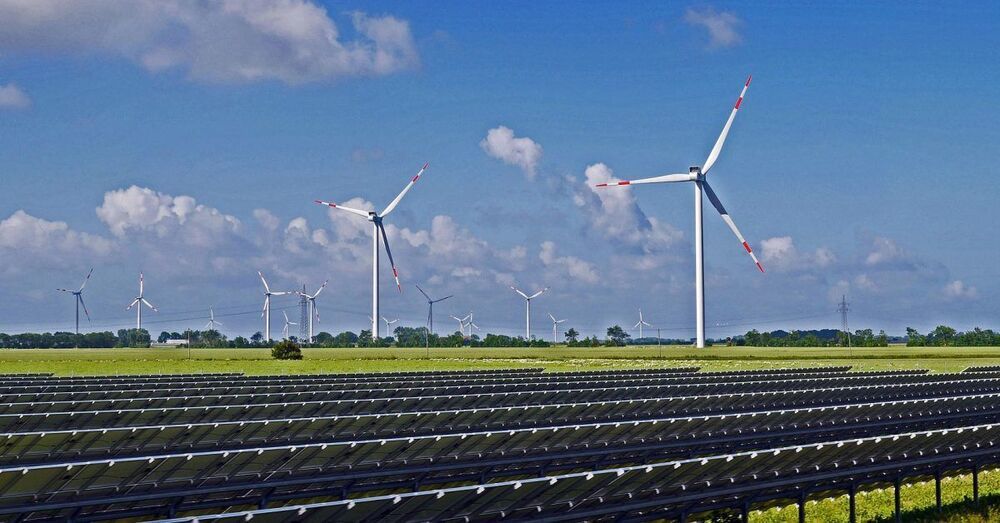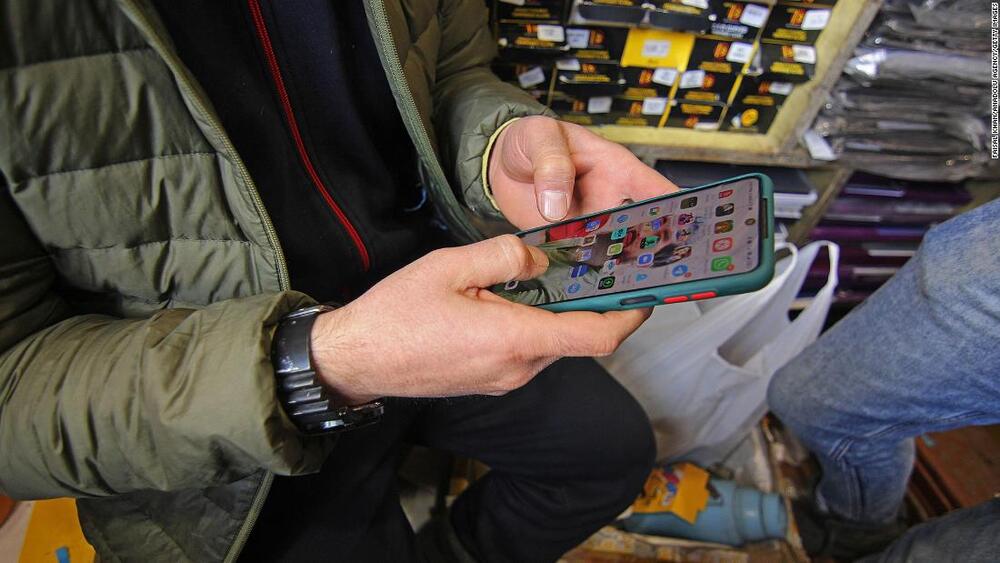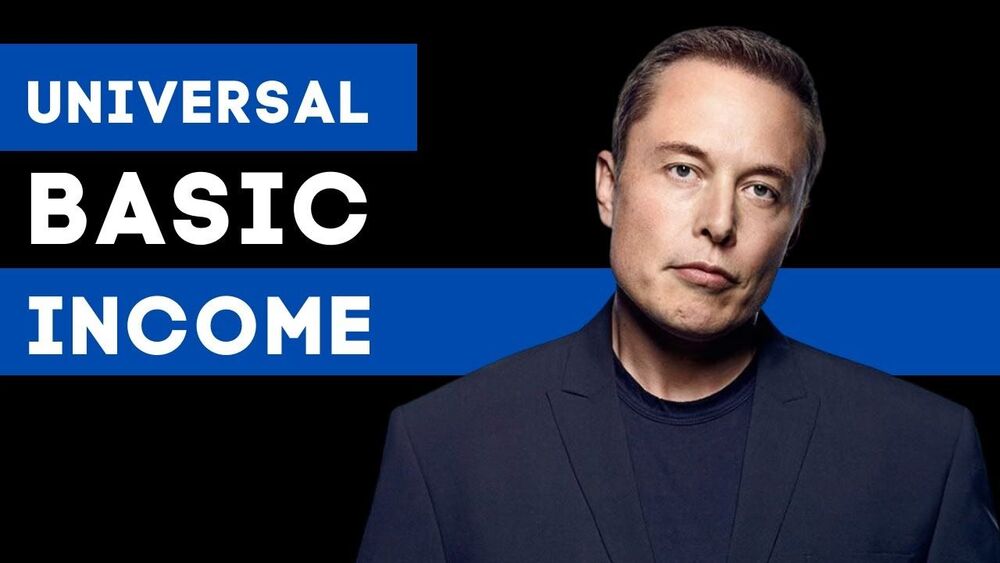Here’s what we already know about Ford’s electric F-150.
Ford is set to unveil its next major electric vehicle, the F-150 Lightning, at 9:30PM ET on Wednesday, May 19th. But this isn’t just another EV event. An electric version of the automaker’s iconic F-series pickup truck is a very big deal for Ford, for the auto world, for car buyers, and even for the US economy.
Ford is very proud of its F-series trucks, and for good reason. It’s the bestselling truck in the US for 44 years. It’s also the bestselling vehicle in the country, period. According to Edmunds, F-series trucks are the most popular vehicle in 30 out of 50 states in the US.
That means the F-Series trucks is central to Ford’s profitability. The Detroit automaker raked in around $42 billion in revenue in 2019 from nearly 900000 F-series truck sales in the US, according to a Boston Consulting Group study commissioned by Ford — more than most major companies and about four times as much as Tesla made in all of 2020.
